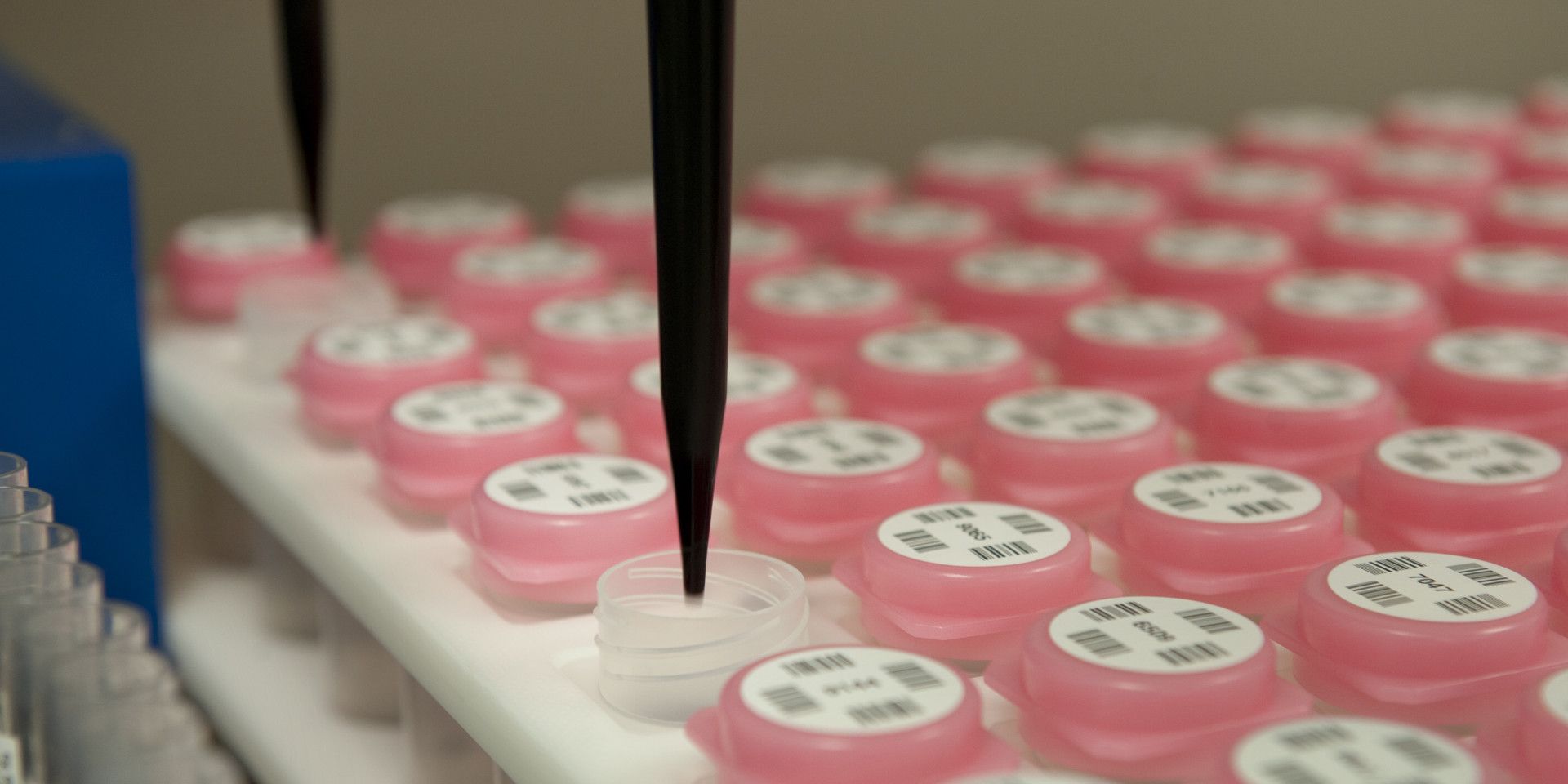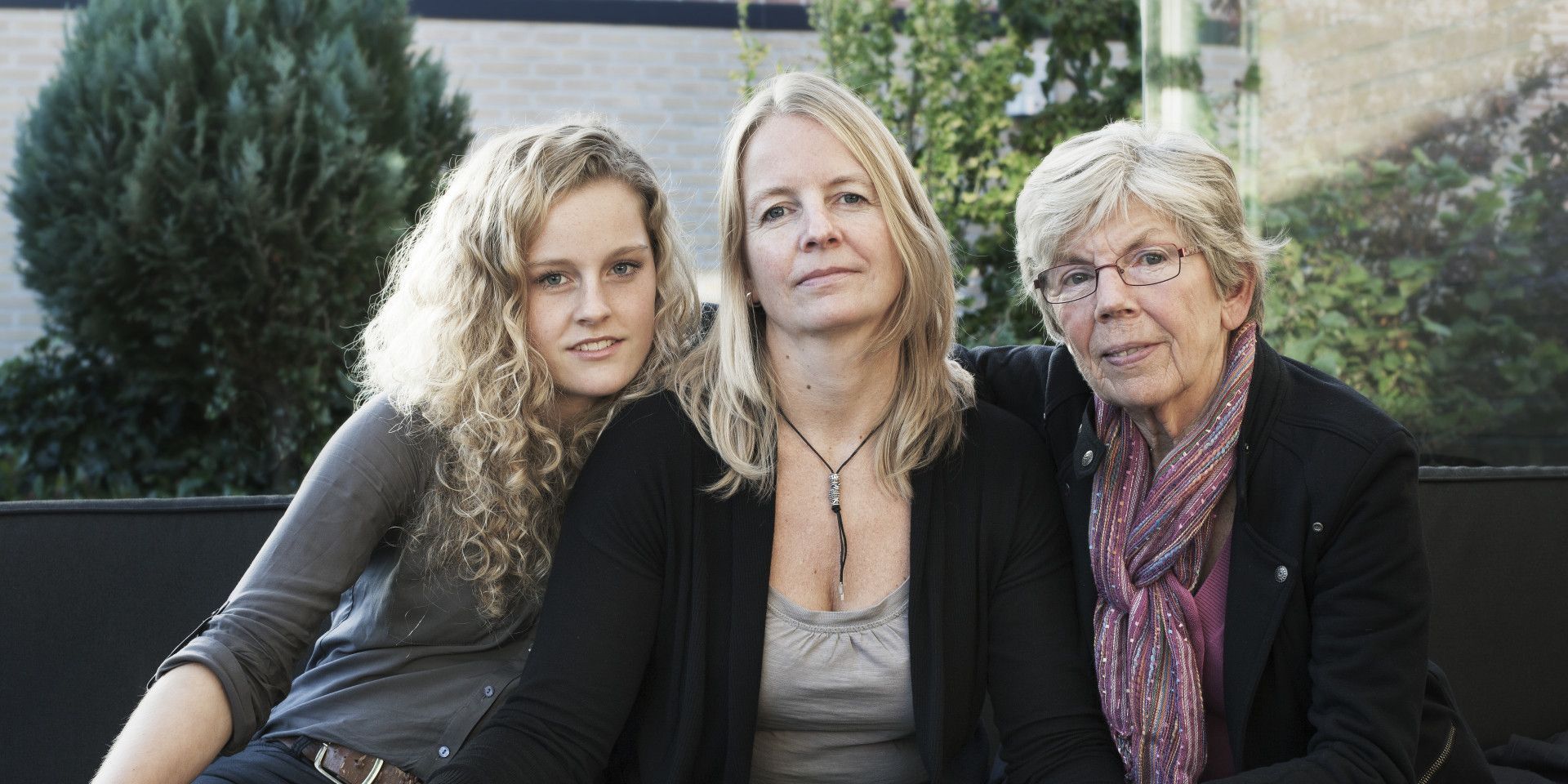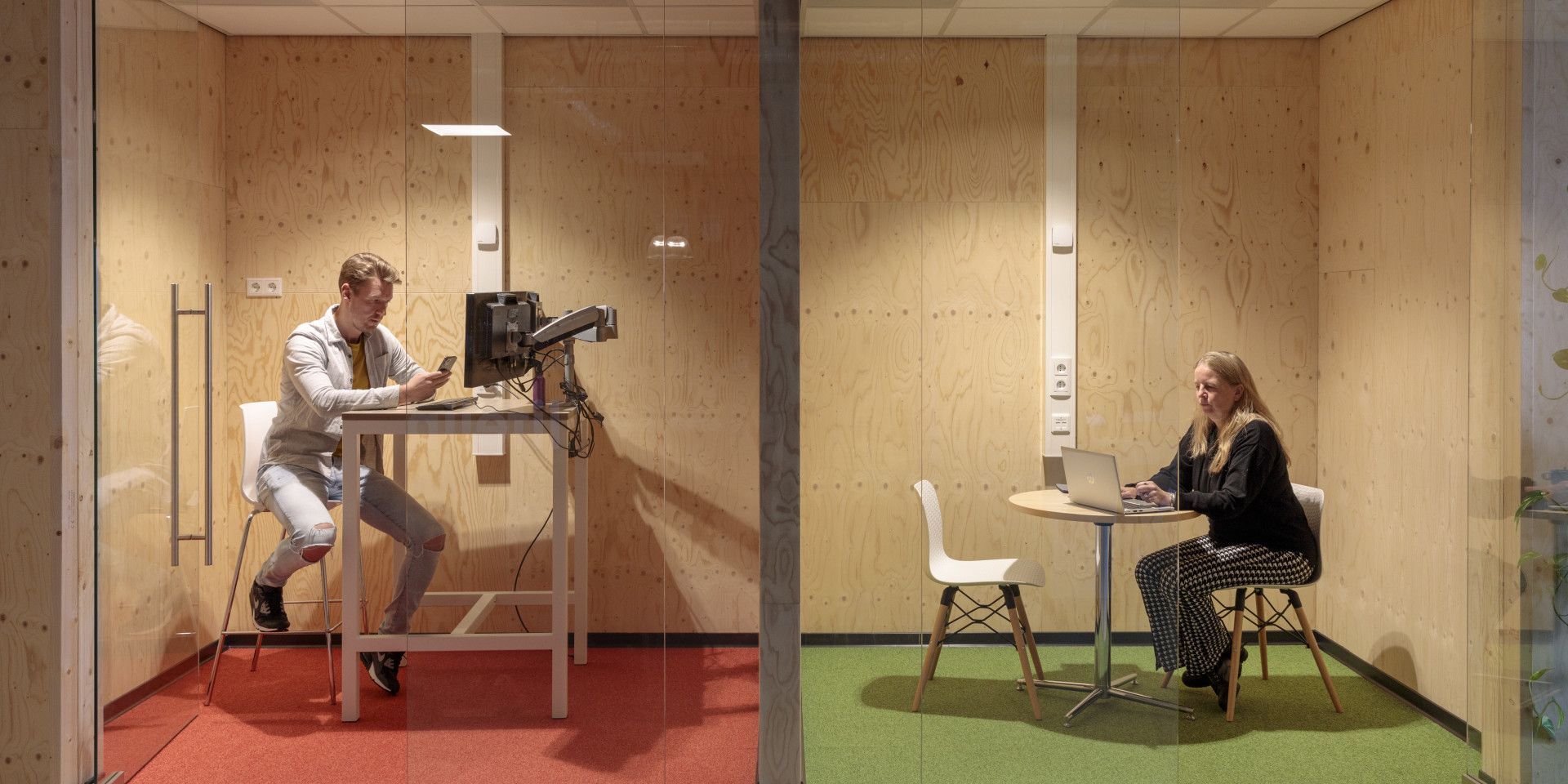
Step 5: Closing your project
When one project finishes, another project can start…
As Lifelines, we archive your data, the associated scripts/syntaxes and any other documentation for at least 10 years. However, we do not have access to all locations of your research environment. As a result, we need your help for a proper closure of your Lifelines project. We are aware that many researchers need to access their Lifelines project after it is closed, most often for manuscript revisions requested by reviewers. We offer some options for this situation, described below.
Process
Once your access period to the research environment is (almost) finished, it is important to carefully prepare the closure of your project, by taking the following into account:
Secondary data
During your project you probably generated new variables from the Lifelines data. These derived data can be useful for other researchers in the future. We encourage you to return this secondary data to Lifelines, such that we can incorporate it into our data catalogue as secondary data. In addition, we welcome all scripts that can be useful to other researchers.

Cleaning up your research environment
Make sure to think carefully about what you want to archive and what not. Additionally, ensure that your files are saved at the right location. If you have imported (personal) data from other databases/cohorts, make sure that you remove all data that Lifelines may not archive, see our Import page. Contact Lifelines Data Management once you are ready
- Lifelines Virtual Research Workspace (VRW): save all important files in your project folder on the group drive (G:) and remove any files from your home drive and/or desktop.
- Lifelines Digital Research Environment (DRE): save all important files in the Archive folder on the data drive (Z:) within your project .
- Lifelines UMCG high performance cluster (HPC): save all important files in your archive folder (prm02 or prm03) and delete all contents from your tmp01/tmp02 folder.
Important to note: you should archive your scripts and maybe some outputs only.
Destroying your remaining biosamples
If you still have some left-over biosamples and you haven’t signed a SDF yet, Lifelines demands you to destroy all residual material.
Linkage projects
If your project will continue in another environment, for example at Statistics Netherlands (CBS), please keep in mind that you are still working with Lifelines data. Therefore, extensions or alterations to your project need to be approved by Lifelines.
Future research
While working with the Lifelines data, new project ideas could have arisen. When you are ready to submit a new application, go to our application process.
On the other hand, your ideas may need some more time to take shape or you need to find funding. Please contact our Research Office in the future when you have any questions or you need insight into the available data or number of participants that meet specific criteria.

Revisions
When you need to revise your manuscript, it is important to keep in mind that all publication guidelines are still applicable (see Manuscript page). As a result, Lifelines would like to receive your revised manuscript before re-submission to the journal at our Research Office.
In case of some small adjustments, please indicate which sections have been changed to enable quicker processing of your manuscript.

Revisions when project is still active
When you receive review comments on a manuscript while you, or one of your colleagues, still has access to your Lifelines dataset, you (or your colleague) can just access the data and perform the required additional analyses or make the necessary adjustments. E-mail Lifelines Data Management if your access needs to be reinstalled.
Revisions when project is closed
You may receive review comments on a submitted manuscript after your project at Lifelines has already been closed and you can no longer access your dataset to perform the required analyses/adjustments. In order to accommodate you in this situation, we can provide access to the closed and archived Lifelines projects. For Workspace users Lifelines has revision Workspaces available in which closed Lifelines projects can be temporarily reopened. For Lifelines UMCG HPC users we can arrange temporary access to the project folder and applicable release folders on the cluster.
At the moment we can offer researchers temporary free access for revisions. Free access is once per project for one user with a maximum access period of 1 month (continuously, not spread over a longer period). In most cases, 1 month is sufficient to finalize straight-forward revisions. If this is not the case, or if a second round of revision access is needed (for the same or another user), we will charge a fee, depending on the required access period (see costs of data).
If you would like to make use of the revision access possibilities as described above, please contact our Data Managers and we will provide you with more information on revisions (e.g. start and end of access period, possible offer).






